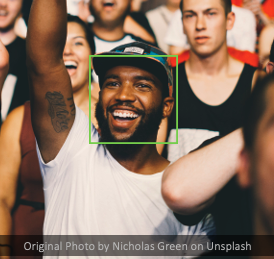Facial Recognition Update July 2020
Facial Recognition Technology -- Emerging After Decades of Development -- Draws Lawsuits and Proposed Bans We sometimes forget that not all of the technical wizards who transformed our world were young “geniuses” jacked up on Starbucks, their shirttails hanging out in the ping-pong section of their open concept offices. Woody Bledsoe was born 99 years ago. As a young son of a sharecropper he demonstrated exceptional mathematical capabilities. Early in his career he had a dream: A machine that could think like a human, converse like one, and even recognize faces. This was as far back as the 1950s. This mathematician and computer scientist would go on to teach for decades at the University of Austin where he worked to advance automated reasoning and artificial intelligence. But what was his role in the development of the technology exactly? Did he perform work for a CIA front? And why, in his old age and suffering from the cruelty of ALS that would ultimately kill him in 1995, did he ask his son to set fire to a stack of old papers? Take a look at “The Secret History of Facial Recognition” written by Shaun Raviv for Wired Magazine, which explores why, among other things, “the record of [Blesdoe’s] role all but vanished.” If there isn’t a movie script in the works there probably will be soon. Today facial recognition is used in such innocent and handy ways as pointing out [...]

